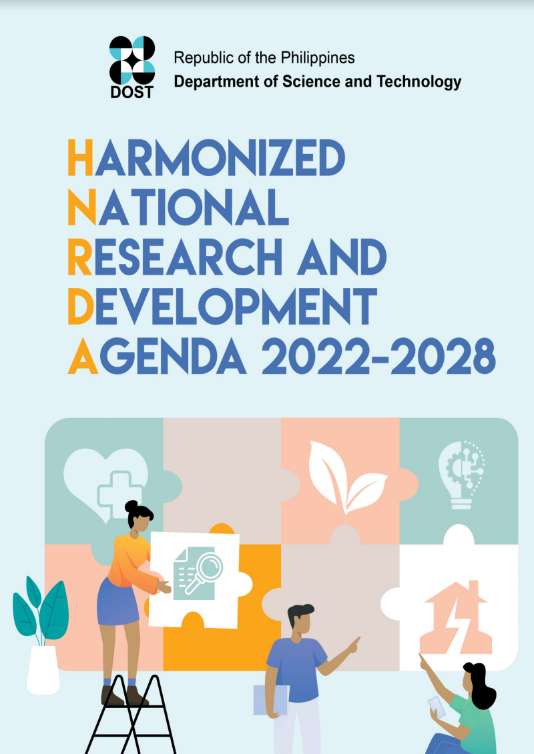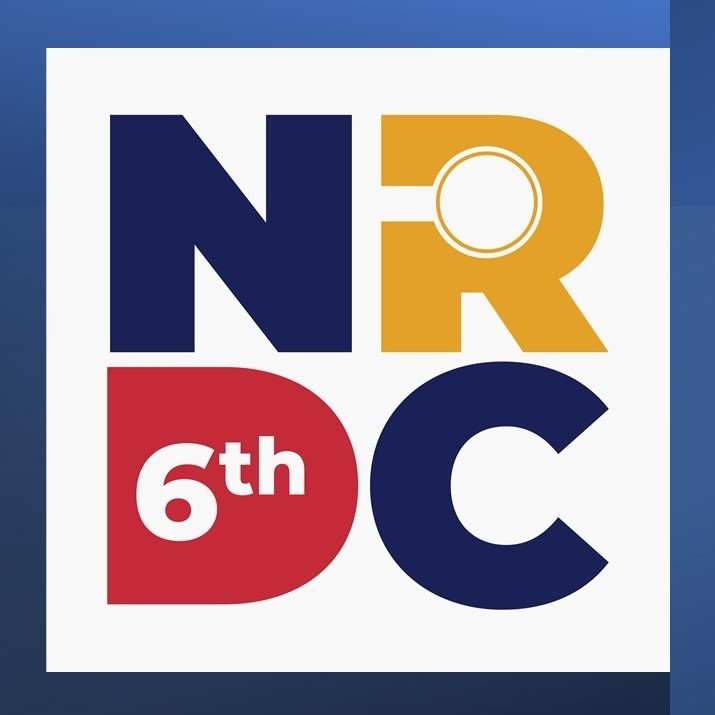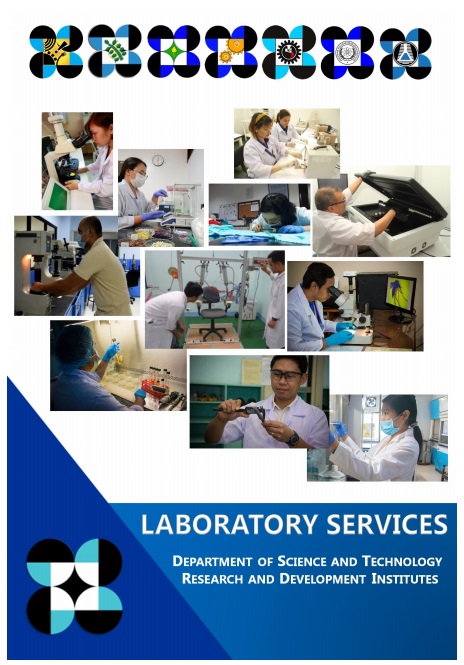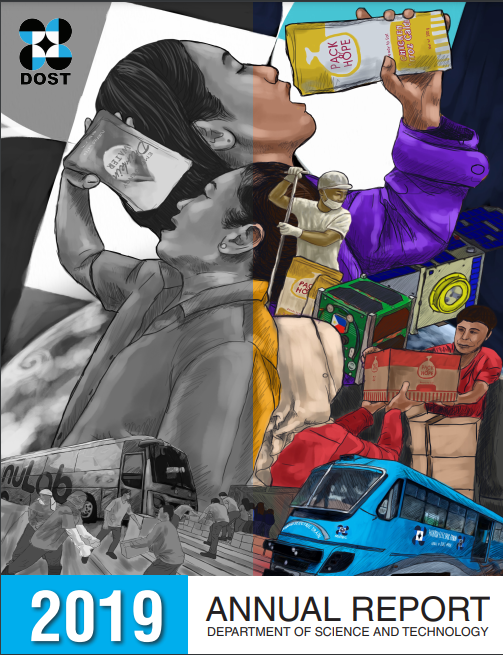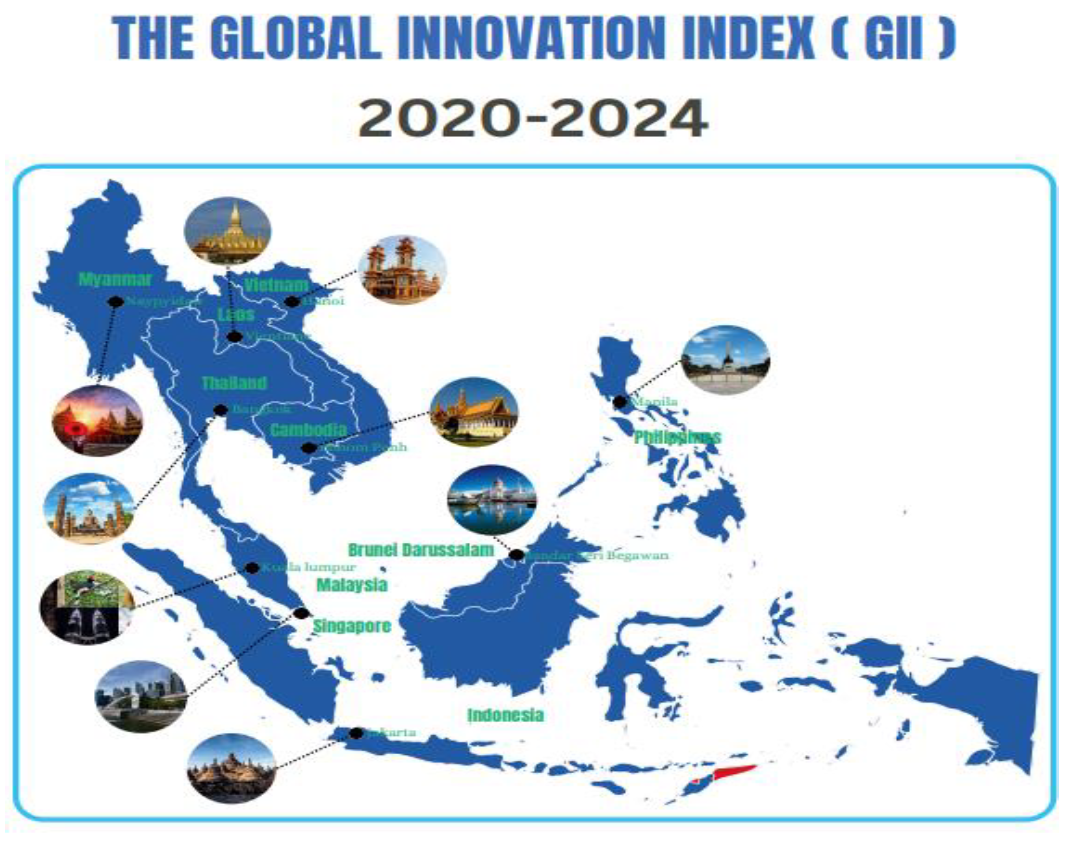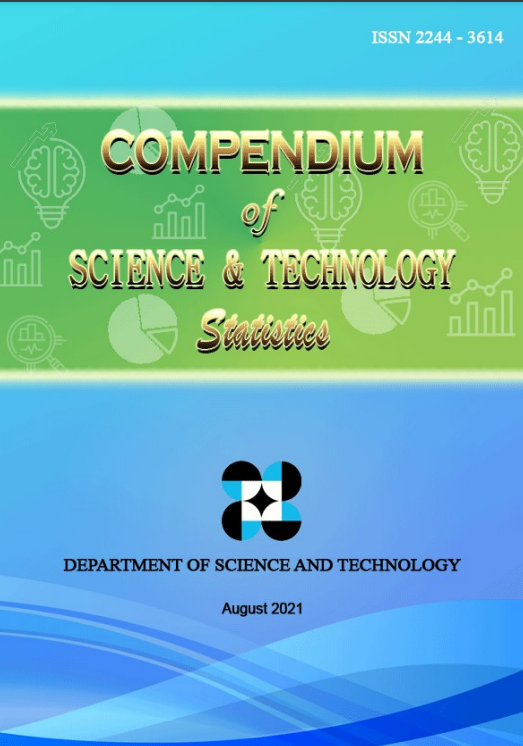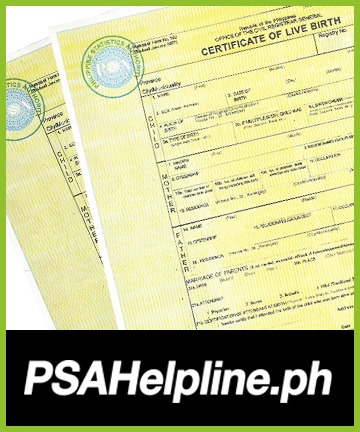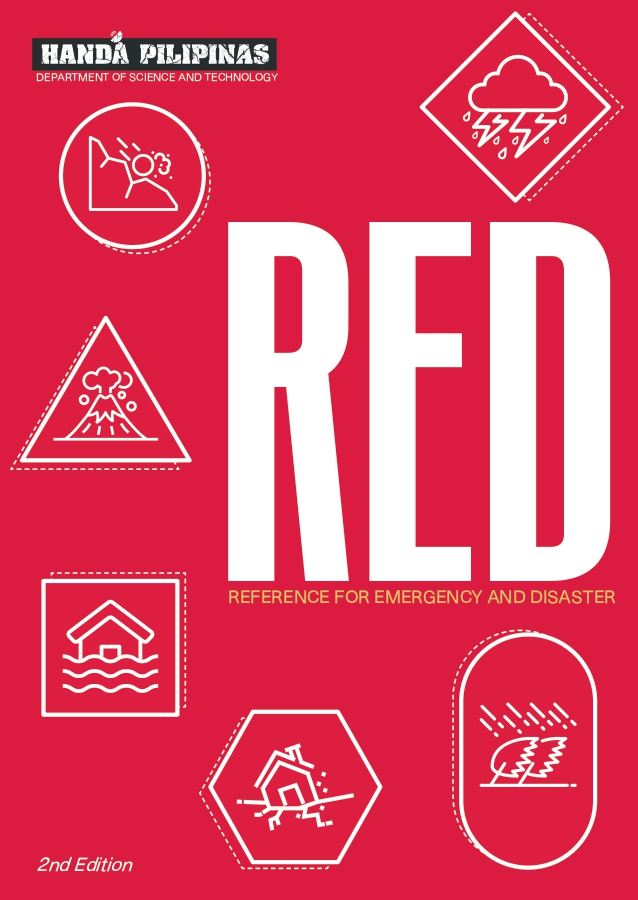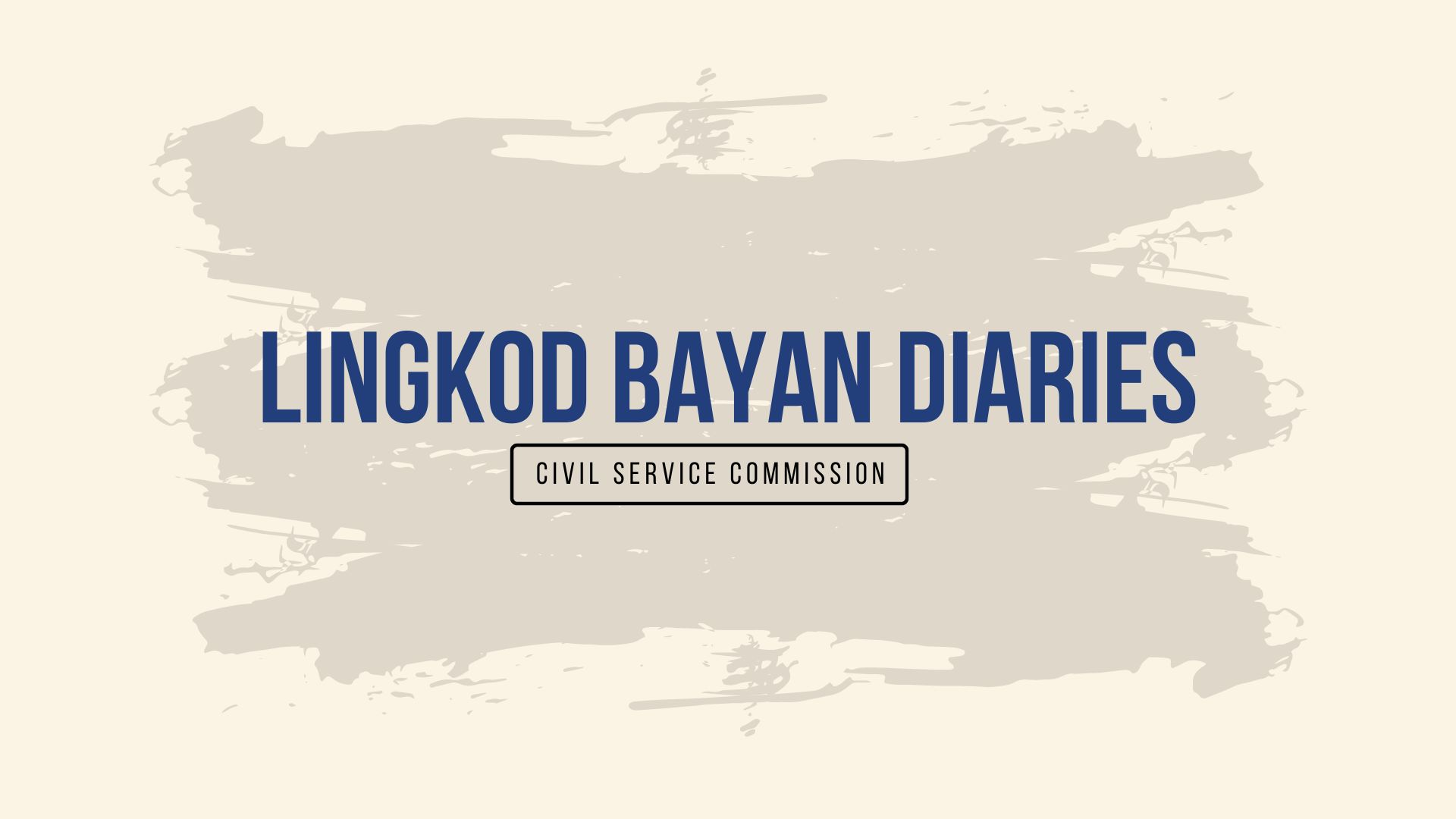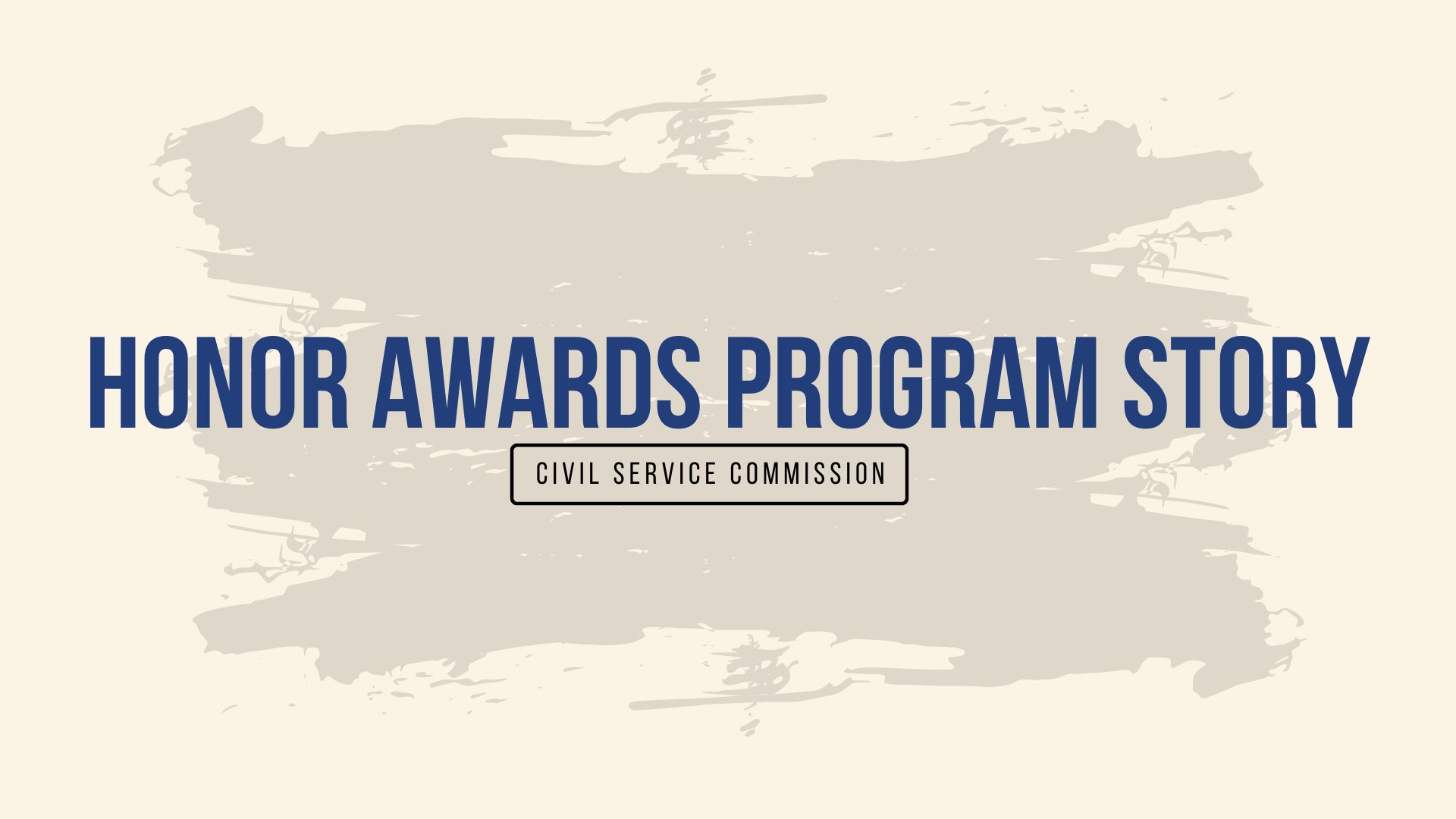DOST bats for the use of genomics in food analysis
- Details
- Hits: 2562
To check if the food is still fit for eating, Filipinos usually do it the traditional way: smell it. But though one’s nose has been trained to smell spoiled food, there is a more foolproof way of ascertaining the safety of food. This more precise way of determining food fit to eat is done through the science of genomics, more specifically through a process called DNA analysis.
DNA, or deoxyribonucleic acid, is the basic molecule that carries the genetic information of all living organisms. It is not affected by high temperature and its structure remains in all tissues of a person, animal, or plant, making it an excellent material to identify organisms, even in food products. By analyzing DNAs in a certain food product, foreign species, or those organisms present in spoiled food, can be easily detected.
Thus, DNA analysis facilitates foreign species detection in food products which traditional food analysis may not notice.
According to Department of Science and Technology Secretary Mario G. Montejo, “Genomics can be a ‘game-changing tool’ that could offer enormous rewards to our people.”
The DOST which has identified genomics as one of its priority programs has funded researches in DNA analysis in food products by the Philippine Genome Center (PGC), a nationwide network of laboratories established by the University of the Philippines. PGC conducts tests and other activities related to species identification in food products.
As PGC Executive Director Dr. Carmen Padilla said, the PGC is “envisioned to be a world-class center of excellence in gene discovery and genomics research that effectively translates knowledge into applications beneficial to society, particularly, to the Filipino people.” This includes DNA analysis to warrant food safety.
Ensuring food safety via DNA analysis
Normally, food analysis is sufficient but traits of a species such as size, shape and appearance are removed or altered due to processing, identifying the species of a plant or animal present in food can be uncertain.
Meat products may contain several species in different proportions, which, when mixed together, may be undetectable by the naked eye or by eating. DNA analysis is a stronger, more effective alternative to traditional methods of analyzing food.
Food adulteration
Species identification in food products via the PGC is one answer to the problem of food adulteration very common to Filipino consumers.
These days, food adulteration has become a common practice. To add bulk or volume to the product, some manufacturers as well as food processing factories purposely add different types of meat or ingredients different from what is originally required.
Recently, a big multinational company withdrew its product in the face of scandal involving beef pasta which was sold across Europe and was found to contain horsemeat. Also, Forbes reported online the widespread substitution of cheaper species of fish for more expensive and desirable ones in retail fish markets and restaurants in the United States, especially those that serve sushi.
Dangers of adulterated food
First of all, exotic or less desirable species used but undeclared in products, may pose a potential health risk to people, including pregnant women and children who are a sensitive group. This is because certain people have allergies to a particular ingredient or protein, thus consumption of an undeclared ingredient may result in serious health condition or worse, death. The same holds true for pregnant women who have to avoid certain foods which may affect their pregnancy.
Further, undeclared food adulteration or substitution may also lead to the consumption of prohibited foods by a sick person, a Muslim, or a strict practicing vegetarian.
The issue likewise poses a problem financially, as the consumer may not be getting his money’s worth if a cheaper substitute is used in place of a supposedly more expensive yet higher quality fish or plant ingredient.
DOST hoists online dengue alert
- Details
- Hits: 2833
Before the onset of the rainy season, the Department of Science and Technology (DOST) intensifies its dengue preventive measures by providing online information on dengue cases per community to serve as alert mechanism to concerned government offices and personnel.
In the pipeline is a dengue alert website that will enable public health practitioners to check out high-risk areas for dengue outbreaks and come up with early intervention measures. Developed by DOST through its sectoral council, the Philippine Council for Health Research and Development (PCHRD), the site is technically a “vector surveillance” tool containing data on population density and other information on Aedes aegypti mosquito which is the vector for dengue, or the organism that transmits the dengue virus to humans.
The population of the vector, or the Aedes mosquito, is reflected in the Ovicidal-Larvicidal (OL) Trap Index Monitoring Map that shows the weekly surveillance results of communities installed with the OL Trap.
The DOST-developed (OL) trap is a simple, affordable, and efficient tool for controlling mosquito population. An OL trap kit consists of a black container, a lawanit paddle where mosquitoes lay their eggs, and a pack of pellets used to make a solution that kills the eggs and larva of mosquitoes.
Reports from dengue coordinators in schools installed with the OL trap are reflected in the monitoring map, which will then show areas where Aedes mosquitos settle, including the density of the mosquito population.
Through the weekly updates from the communities, public health practitioners can check out trends and recommend actions to be taken by policy makers and community leaders. This function puts the country one step ahead of the dengue menace, the peak season of which occurs during the rainy months.
A green balloon on the map would mean an index of less than 20 percent which calls for close monitoring of hygienic condition and conduct of weekly inspection to identify potential breeding sites. On the other hand, a yellow balloon signals an index of 20-39 percent, which means that local officials must conduct special operations to eliminate all breeding and potential breeding places. A red balloon marks an index of 40 percent or greater, signaling concerned officials and institutions to conduct pest control measures.
DOST developed the monitoring map project in collaboration with the Department of Education, Department of Health, and Department of Interior and local government units.

Red balloon marks the spot. Areas with an OL trap index greater than 40 percent, marked by red balloons, must be on alert. School authorities and other concerned officials must wage an all-out clean up of breeding places and potential breeding sites, and conduct pest control measures to prevent an imminent dengue outbreak.

The website shows schools in Metro Manila where OL traps are installed. Clicking on the balloon will show the reported OL trap index and the corresponding recommended action.
DOST’s AKBAY program brings S&T closer to the poor
- Details
- Hits: 3835
To be called progressive, any country must ensure development at the grassroots level, says National Scientist Dr. Lourdes Cruz, echoing the expert opinion of economists.
Following this principle, the Department of Science and Technology (DOST) launched its new campaign called AKBAY, or “Agham Para sa Kaunlaran ng Bayan”, to better bring the benefits of science to the country’s poor communities through a set of simple proven technologies. At the helm of AKBAY is the National Research Council of the Philippines (NRCP), Asia’s pioneer and DOST’s basic sciences research arm which officially launched the program during its 79th anniversary celebration last December in Bicutan, Taguig City.
“AKBAY helps alleviate poverty by offering communities relatively simple, manageable technologies—often locally-developed—that can support food, fuel, and livelihood needs,” says Dr. Cruz, who also currently serves as president of DOST-NRCP.
The country has produced excellent technologies through its research and development (R&D) programs over the years, and engaging poor communities to use these science-based tools has remained a challenge, she added.
AKBAY opened with four select technologies suitable to individual or group of households, namely mushroom culture, worm culture, aquaponics, and biogas production.
Mushroom culture
Mushroom expert Claro M. Santiago, formerly with DOST’s Industrial Technology Development Institute, led the demonstration of mushroom culture during the launch of AKBAY. Households can grow their own mushrooms through prescribed, relatively uncomplicated methods, he said, using simple ingredients such as discarded or dried banana leaves and rice straw. Upon harvest, the mushrooms can be sold to augment income, or simply eaten, as there are several ways to prepare the nutritious and rather succulent fungi.While he recommends cultivating Volvariella and oyster mushrooms, he alsoassured that the method he prescribes would not spawn other or unwanted types of mushrooms.
Worm culture or Vermiculture
Dr. Rafael Guerrero III, former executive director of DOST’s Philippine Council for Aquatic and Marine Research and Developmentled the demonstration on proper worm cultivation. Worm culture or ‘vermicomposting’ is not only economical, but is also a safer, sustainable, and more environmentally sound method of fertilizing soil, according to Dr. Guerrero.
Earthworms speed up soil decomposition, and in effect, enhance soiltexture and condition. The resultingnatural compost could substitute for chemical fertilizers, which makes vermicomposting a valuable technique for both farming and simple backyard cropping.
Aquaponics
The word “aquaponics” is derived from “aquaculture” which means “raising of fish”, and “hydroponics”, which refers to “planting without soil”. An aquaponics system uses a non-sophisticated contraption or structure that could sustain both fish and plants. The process involves the filtering and recycling of waste water from the fish tank through continuous tubes that pass a long series of plant roots, which by principle “cleanses” the water from impurities that would otherwise pollute the fish tank, resulting to nourished, adequately watered plants and healthy fish culture.
Dr. Chito Sace, aquaponics expert from the Central Luzon State University, said that the technology is suited to raise tilapia, prawns, and other freshwater fish, and grow leaf vegetables like pechay, lettuce, kangkong, and other crops like tomatoes, bell peppers, etc., for food. It is a form of “smart agriculture” because it is virtually self-sustaining and requires minimal space for ordinary backyard setup.
Biogas production
AKBAY’s fourth featured technology is biogas production which involves using organic matter like decaying food, kitchen scraps, animal and human wastes, among others, to produce methane. A combustible or flammable gas used for household heating, cooking and lighting, methane gas is odorless, colorless, and burns with a clear blue flame similar to that of LPG (liquefied petroleum gas).
Technology package for households
“These four were foremost among other well-established technologies we can identify for the AKBAY Program—they complement each other, are manageable, and form an ideal livelihood package”, said Dr. Cruz.
In what way do these technologies work together to form a livelihood package? Simple.
Left-overmushroom beddingsfrom the spent stack of dried banana leaves can be added to enhance earthworm culture. Vermicast from earthworm culture can be extracted with water to produce “vermitea” that can be added to the aquaponics set-up to give the plants additional nutrients and growth hormones—speeding up vegetables’ growth for harvest. Earthworms can be fed tp fish. Effluent from the biogas digester can be used as liquid fertilizer or as a medium for growing Azolla, a high-protein water plant that can be used as supplementary feed for fish in the aquaponics system.
Several high schools and universities in Taguig City and eight barangays, namely, Ibayo, Tipas; Upper, Lower, and New Lower Bicutan; North and South Daang Hari; and Tanyag, were the first to learn about the program’s initial technologies during the launch.
Meanwhile, Dr. Cruz also announced that these featured technologies of AKBAY will be expanded. “During the first half of 2013, we will develop the exhibit in DOST-NRCP as a permanent demo site that can be replicated in different regions or provinces in the Philippines, she said.

Dr. Santiago, also called “Mr. Mushroom Expert”, (far right) demonstrates the proper method of growing mushrooms to Taguig locals. Mushroom culture consists of stacking dried banana leaves and rice straws and evenly placing or sandwiching mushroom spores in the stack. The setup would not spawn unwanted types of mushrooms, he said. (Photo by George Robert Valencia III, S&T Media Service, STII)

Dr. Rafael Guerrero, one of the country’s most prolific vermiculture expert, shows students some earthworms. Vermiculture, or growing earthworms, produces vermicompost, or waste coming from earthworms. Vermicompost is invaluable to planting as it provides excellent, nutrient-rich organic fertilizer and soil conditioner. (Photo by George Robert Valencia III, S&T Media Service, STII)

Dr. Chito Sace explains to students how an aquaponics system works. The contraption mainly comprises a freshwater fish tank, leafy vegetables, and tubes that hold a series of plant containers. Waste water from the fish tank cascades down a set of pipes holding a series of leaf plants or vegetables which clean the water. By the time it completes the cycle (back to the fish tank), water is already purified and oxygenated. It is defined as a smart “green technology” as it requires minimal maintenance and is self-sustaining. (Photo by George Robert Valencia III, S&T Media Service, STII)

Agriculturist Porfirio Rodriguez (right) demonstrates the prescribed process for biogas production to efficiently derive fuel for heating, lighting, and cooking from organic sources, including human excrement. (Photo by George Robert Valencia III, S&T Media Service, STII)
Stronger manufacturing industry will reverse aging economy, says DOST advisory body
- Details
- Hits: 2866
The economy may be backsliding, but this situation can be reversed to make the country coast along a route that leads to national progress.
This was how Academician Dr. Michael Tan, University of the Philippines professor and member of the National Academy of Science and Technology (NAST), an advisory body of the Department of Science and Technology (DOST), summed up the NAST-organized Round Table Discussion (RTD)on the country’s economic situationer. During the discussion, the term “development progeria” was used to describe the Philippine economy in comparison with progeria, a medical condition seen in young children that causes them to age faster than normal.
The economy at present is said to be “a young economy mimicking a mature one,” like a child afflicted with progeria, and this may worsen the country’s poverty situation, according to National Scientist Raul V. Fabella.
A child suffering from progeria develops an enlarged head, small and wrinkled face, baldness, and dry skin, among others. However, despite this seemingly rapid aging process, the patient displays limited growth, remaining small in stature with limited movement. The patient remains in this condition until death which mostly occurs in his teenage years.
“Aging” economy can be reversed
The Philippine economy displays similar symptoms, according to Fabella. He noted that its limited growth is due to several factors, namely the depreciation of the Indian rupee which threatens the local BPO industry, the stock market and real estate bubbles, the country’s exclusion from the list of preferred sites for direct foreign investments in tradables, and the overvaluation of the peso, among others.
Fabella, citing studies by Rodrik in 2008 and by Berg and Miao in 2010, said that a 10 percent overvaluation of the currency leads to a growth reduction of 0.2 percent.
These factors hinder industries, thus limiting the movement of business activities and making the economy dry and wrinkled instead of being fresh and rosy.
In his synthesis of the discussion however, Dr. Tan said that unlike progeria which is incurable, development progeria is receptive to treatment, and thus can be cured.
One kind of treatment or solution suggested during the RTD was to strengthen the manufacturing industry.
Strengthening manufacturing industry
Dr. Ramon L. Clarete, dean of the University of the Philippines Diliman School of Economics, suggested that efforts should focus on export-oriented manufacturing industry.
Sixty percent of the total number of exporting firms in the country comprises small and medium-scale enterprises (SMEs) that generate 53 percent of total employment volume and make up 99.6 percent of all registered businesses in the country.
Additionally, Calixto V. Chikiamco, president of the Foundation for Economic Freedom, suggested a manufacturing industry rooted on agricultural growth and productivity, or agro-industrial growth. “Agricultural growth and development supports the manufacturing sector by providing a higher domestic market, affordable labor, and supply of raw materials,” said Chikiamco.
As one of its priority programs, DOST leads and supports industry development initiatives, including those that strengthen local manufacturing. Through its Small Enterprises Technology Upgrading Program (SETUP), the agency provides a package of technology assistance to bolster the productivity and competitiveness of SMEs including those engaged in exports. Among the industries DOST’s SETUP currently supports include food processing, metals, ICT and semicon, furniture, agriculture, aquaculture, among others.
However, to promote net exports, Dr. Clarete cited the significance of peso undervaluation, echoing Fabella’s earlier statement about overvaluation as one of the factors negatively affecting the economy. “When you have a low exchange rate, and you’re in the export business, your revenues in pesos will be lower. And then your cost are in pesos so your profits are going to be squeezed. So the lower the exchange rate or the stronger the peso, the lower would be your profits,” Dr. Clarete explained.













